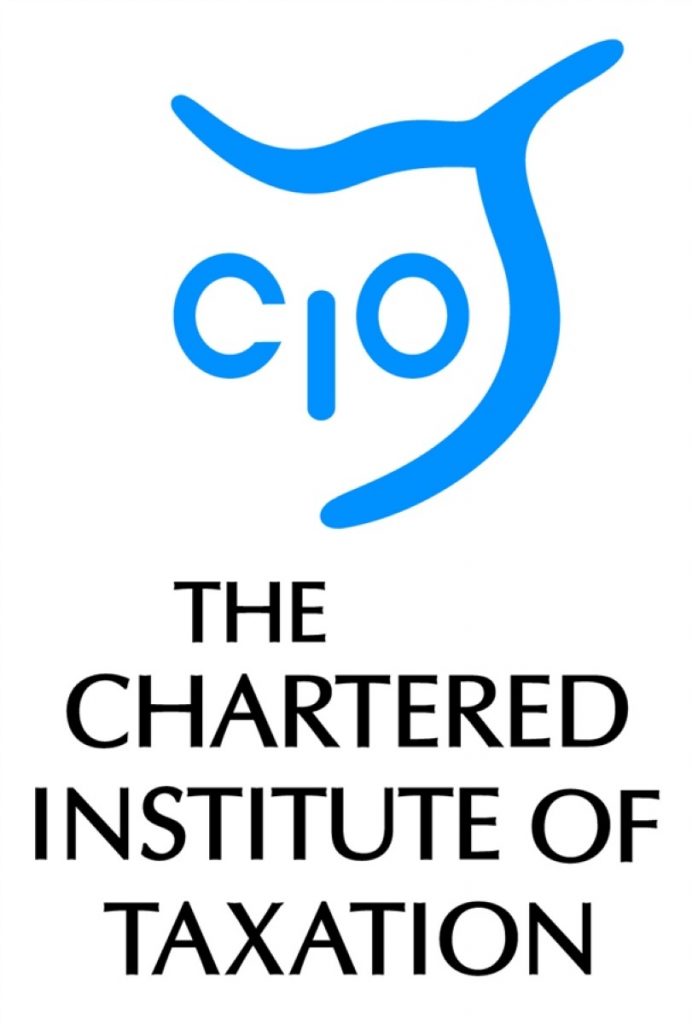CIOT: Report on ‘Engaging with Tax Agents’
The Chartered Institute of Taxation (CIOT) has welcomed recommendations on how HM Revenue and Customs (HMRC) and tax agents can work together more closely to improve tax systems and services, but has expressed disappointment at what it sees as a missed opportunity.
The recommendations are made in a new National Audit Office (NAO) report, ‘Engaging with Tax Agents’, which is published today.
Commenting, Anthony Thomas, CIOT Deputy President, said:
“This is a helpful report which sets out ways in which HMRC can work with the tax agent community to improve its systems and services, making the tax system run more smoothly for HMRC, taxpayers and their agents.
“In particular we welcome the NAO’s recommendation that HMRC reduce its costs by enabling agents to do more on-line self-service, thus reducing delays in dealing with post.”
The report draws attention to the need for HMRC to make improvements, including to its information management, to enable HMRC to identify where problems exist in tax compliance and how to tackle them.
The report highlights estimated under-declaration of tax by both represented (those with a tax agent) and unrepresented taxpayers. It found that, despite their usually more complicated tax affairs, under-declarations for represented taxpayers represent a much lower proportion of their total tax liability, compared to figures for unrepresented taxpayers.1 The CIOT is disappointed by the age of the data used (more than five years old) and by the lack of in-depth analysis. Additionally, the report takes no account of over-declarations of tax which can clearly be very significant.
Anthony Thomas, CIOT Deputy President, commented:
“We see this as a missed opportunity. It would have been really useful to have had proper analysis of who are making these errors and why. We have been working with HMRC for many years on these issues; it is unfortunate that the report does not reflect this. Nor does it look at HMRC’s own error rate.
“We welcome the acknowledgement in the report that were it not for the work of good agents in ensuring clients get their tax right, the level of under-declarations could be significantly larger. Overall tax agents save the Government money both by helping their clients get their tax bills right and by taking on tasks that would otherwise fall to HMRC.
“The CIOT will continue working for a better, more efficient, tax system for all affected by it – HMRC, taxpayers and their advisers.”
Notes to Editors
1. Figure 3 of the report indicates that total under-declared tax as a percentage of total tax liability due from self-assessed income tax returns filed in 2002-3 was 15.2 per cent for represented customers but 39.8 per cent for unrepresented customers. The percentages for 2003-4 were similar (14.7 per cent and 35.3 per cent respectively). Figure 3 also indicates that total under-declared tax as a percentage of total tax liability due from corporation tax returns filed in 2002-5 was 11.1 per cent for represented customers but 22.2 per cent for unrepresented customers. In each case these are the most recent figures available. None of the figures in the report take account of over-declarations. All figures are based on data supplied to the NAO by HMRC.
2. For the purposes of the NAO’s report, a ‘tax agent’ has been defined as anyone authorised and paid to act on another’s behalf in their dealings with HMRC. The terms ‘tax agent’ and ‘tax adviser’ are not protected by law and can be used by anyone who carries out work in the sector, regardless of their level of training or qualification.
Around 70 per cent of tax agents are members of a professional body (such as the CIOT, the Association of Taxation Technicians (ATT) or the various Institutes of Chartered Accountants) but around 30 per cent of tax agents are unaffiliated to any professional body (source: HMRC analysis quoted in the NAO report). No distinction is made in the report between tax agents who are members of a professional body and those who are not.
The CIOT’s 15,000 members have the practising title of ‘Chartered Tax Adviser’ and the designatory letters ‘CTA’. In order to become a CTA a tax adviser will have passed a very challenging set of examinations in addition to passing the examinations of at least one other professional body. Additionally the CIOT has rigorous rules in place to ensure the highest professional standards are maintained by CTAs.
3. The Chartered Institute of Taxation (CIOT) is a charity and the leading professional body in the United Kingdom concerned solely with taxation. The CIOT’s primary purpose is to promote education and study of the administration and practice of taxation. One of the key aims is to achieve a better, more efficient, tax system for all affected by it – taxpayers, advisers and the authorities.
The CIOT’s comments and recommendations on tax issues are made solely in order to achieve its primary purpose: it is politically neutral in its work. The CIOT will seek to draw on its members’ experience in private practice, government, commerce and industry and academia to argue and explain how public policy objectives (to the extent that these are clearly stated or can be discerned) can most effectively be achieved.
– ENDS –
George Crozier
External Relations Manager
D: +44 (0)20 7340 0569
M: +44 (0)7740 477374
The Chartered Institute of Taxation
Registered charity number 1037771
www.tax.org.uk
The Association of Taxation Technicians
Registered charity number 803480
Registered company number 2418331
VAT Registration Number 497 5390 90
www.att.org.uk





-01.png)